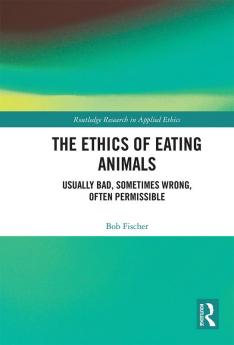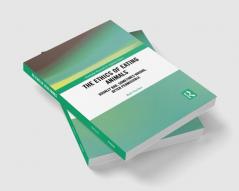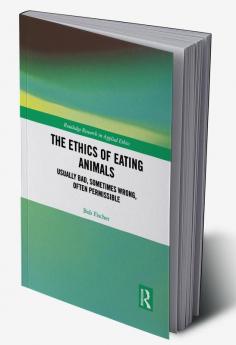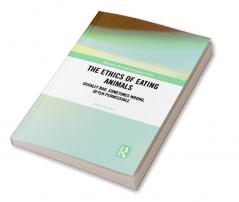English
Paperback
₹4139
₹4525
8.53% OFF
(All inclusive*)
Delivery Options
Please enter pincode to check delivery time.
*COD & Shipping Charges may apply on certain items.
Review final details at checkout.
Looking to place a bulk order? SUBMIT DETAILS
About The Book
Description
Author
Shoutouts
<p>Intensive animal agriculture wrongs many many animals. Philosophers have argued on this basis that most people in wealthy Western contexts are morally obligated to avoid animal products. This book explains why the author thinks that’s mistaken. He reaches this negative conclusion by contending that the major arguments for veganism fail: they don’t establish the right sort of connection between producing and eating animal-based foods. Moreover if they didn’t have this problem then they would have other ones: we wouldn’t be obliged to abstain from all animal products but to eat strange things instead—e.g. roadkill insects and things left in dumpsters. On his view although we have a collective obligation not to farm animals there is no specific diet that most individuals ought to have. Nevertheless he does think that some people are obligated to be vegans but that’s because they’ve joined a movement or formed a practical identity that requires that sacrifice. This book argues that there are good reasons to make such a move albeit not ones strong enough to show that everyone must do likewise.</p>
Delivery Options
Please enter pincode to check delivery time.
*COD & Shipping Charges may apply on certain items.
Review final details at checkout.
Details
ISBN 13
9781032089744
Publication Date
-30-06-2021
Pages
-204
Weight
-284 grams
Dimensions
-152x229x11.08 mm

























